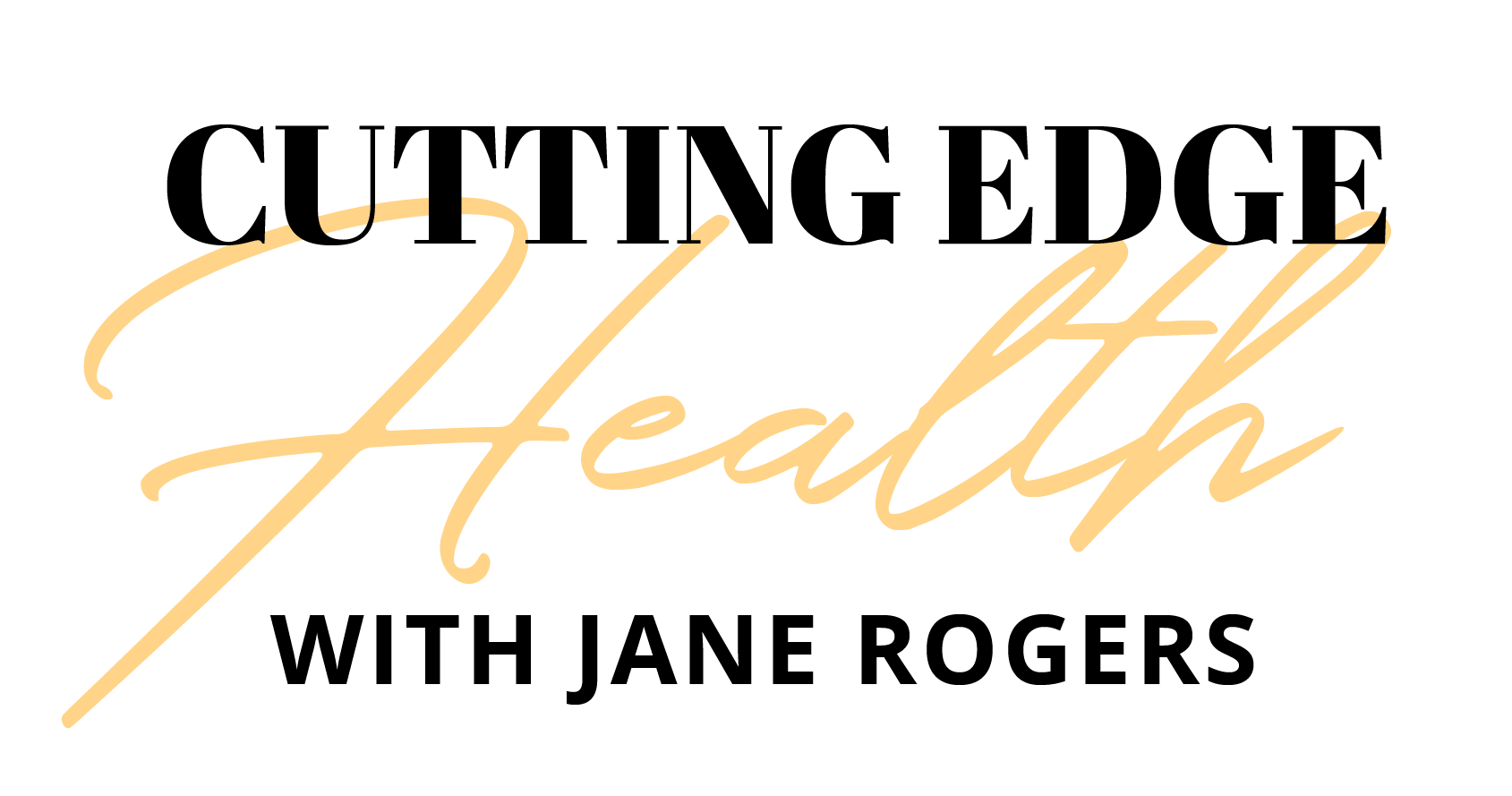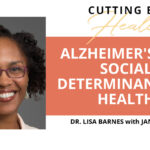
This article talks about a research finding on Alzheimer’s disease, focusing on special cells in the brain called microglia. Scientists using high-tech methods found that these cells act differently in people with Alzheimer’s, getting ready to cause inflammation.
A team from McGovern Medical School at UTHealth Houston found that adult vaccinations, particularly Tdap/Td, HZ, and pneumococcal vaccines, are linked to a reduced risk of Alzheimer’s disease.
The 2023 Longevity Summit, as reported by Rapamycin Longevity News, highlighted cutting-edge research and developments in longevity science. Key presentations included advancements in understanding and targeting senescent cells.
This article talks about a woman who, despite her genes making her likely to get Alzheimer’s, stayed mentally sharp into her older years. Scientists at Washington University in St. Louis found out she has a special change in her APOE gene, called the Christchurch mutation, which helped her avoid the usual effects of Alzheimer’s.
A new study suggests that daily supplements of cocoa extract may improve cognitive health in older adults, especially those with poor diets.
Scientists suggest that dementia could be spread through misfolded brain proteins, similar to Mad Cow disease. This theory arises from findings that Alzheimer’s proteins might transfer in rare cases during medical procedures.
The XPrize Foundation announced a new $101 million “Healthspan” XPrize to reward breakthroughs in reversing age-related decline in cognition, immune system, and muscle function in adults aged 65-80. The prize encourages innovative treatments that show long-term efficacy with short-term application.
The Brain Care Score test helps you understand your risk for dementia and stroke by looking at your health, lifestyle, and social life. By making positive changes like eating healthier, exercising, and staying socially active, you can lower your risk. It’s especially useful for people in their 40s and 50s, as changes made during this time can greatly reduce the chances of developing these conditions later on.
Researchers developed a blood test that can predict disease risk by determining the biological age of organs. This test, led by Stanford University scientists, uses an algorithm trained on protein levels in blood to assess organ health.
A recent study suggests that very high levels of HDL-C, known as ‘good cholesterol’, might increase the risk of dementia in older adults.
Research has found two innovative methods to alleviate Alzheimer’s disease symptoms: electrical brain stimulation and light therapy.
A groundbreaking study has found that a common probiotic, Lactobacillus rhamnosus GG (LGG), can slow cognitive decline.
Some gyms are now offering IV vitamin drips, biological-age testing and peptide injections to get when you’re there working out. Worth it? Here’s a WSJ article.
Finally, scientists are exploring a new approach to treat Alzheimer’s disease by targeting the immune system.
Thanks to Kathy, Bob, Michael, John, and Alan for contributing to this month’s newsletter. Much appreciated!












